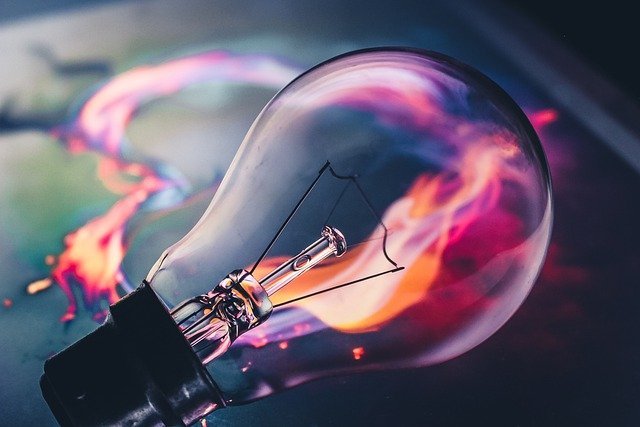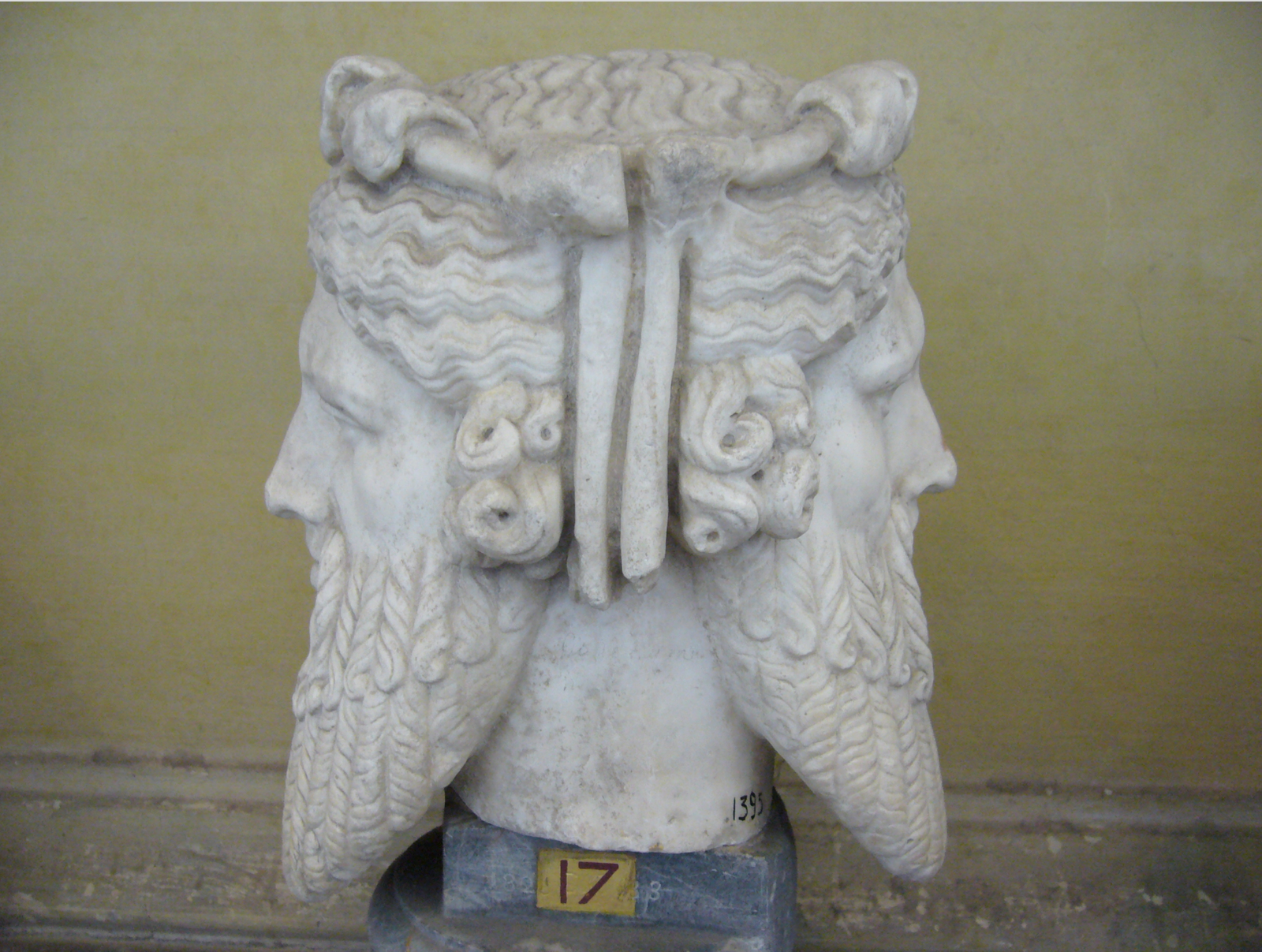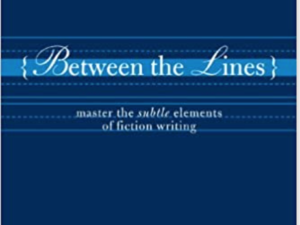No blog post last week because of craziness at work: we were preparing for a VIP client dinner to be held in the shop. It went very well, but I didn't have much energy (physical or mental) for anything else. Was a full five days of work in a row (keeping in mind that I work 10s), which happens only occasionally and flattens me like a pancake. Or roadkill.
In any event, I've been doing a lot of research lately about synesthesia. For those unfamiliar, synesthesia is a trait where a sensory experience triggers a second, involuntary perception. For instance, synesthetes often see the letters of the alphabet in unique colors. These perceptions are innate, unique / personal to the individual, and unchanging. (With some exceptions to the rule, of course.) Another common form of synesthesia involves units of time: as in Wednesday Is Indigo Blue (Cytowic), the book I just finished reading.
Why synesthesia? I've known about it in general terms for a while and thought it would make a good basis for a magic system. In doing my research, I've found many aspects of synesthesia that complement the idea of magic ... and of course, discovered that part of my original concept for how the senses would divide made no sense at all.
Scientifically, synesthesia is not fully understood. There seems to be some basis for the idea that as infants, we are all synesthetic: we don't divide sensory input between senses, but absorb it all as a whole. Only as we develop do we begin to distinguish between sight, sound, taste. Those who do see colored numbers or music are often branded as weird by the people around them and learn to hide their perceptions to avoid being mocked or teased.
For my purposes, this whole aspect of a "hidden world" gives it great resonance for a magic system.
Many creative people experience some form of synesthesia. Some use it as an aid to their artistry, for instance a photographer who waits for the right "tone" to snap her images, and others try to translate the synesthetic impressions only they experience, but certainly not every synesthetic artist falls into these two camps.
And synesthesia borders on metaphor, often mistaken for it in literature. It's a way of describing the world through unconventional senses, often in a manner that surprises - for while there are some patterns in how synesthesia manifests, it is most often idiosyncratic rather than structured and logical. As a writer, I love the idea of capturing an experience through an unexpected union or comparison.
One thing I have found continually reinforced in my reading is the idea that each synesthete experiences different responses to a stimulus. There might be some similarities or overlaps, but everyone's synesthetic response is different. From the beginning, I wanted to make my magic system unique to the user. Every person "sees" a spell differently and thus duplicates it. This fits perfectly with how synesthesia operates in the real world.
Of course, since I am writing a secondary world fantasy, and synesthesia is literally manifesting with magic, I can feel free to bend some of the real world conventions, and I probably will in regards to the comparative rarity of smell / taste manifestations. However, I like knowing what the "rules" are before I break them, so I can do it strategically.
Onward!
Feed your need for SF & Fantasy



